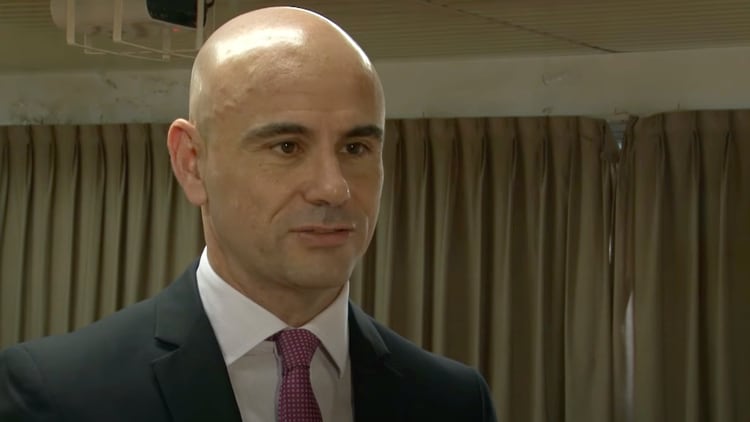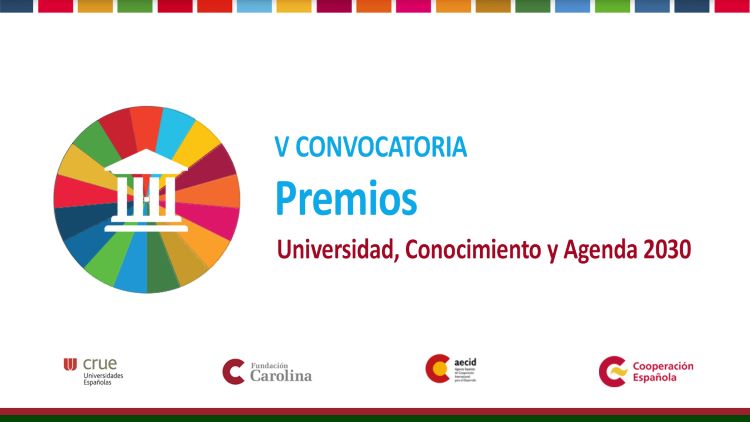Luis Ayllón
The diplomat Javier Benosa published yesterday an article in the newspaper El Mundo under the title ‘Amnesty and diplomatic silence’ in which he calls on his colleagues not to remain silent in the face of the possible approval of an amnesty law promoted by the acting Prime Minister, Pedro Sánchez, in order to obtain the support of the Catalan pro-independence supporters for his investiture.
The article was circulated in a few hours throughout the offices of the Ministry of Foreign Affairs and most of the Spanish embassies and consulates abroad, and according to The Diplomat, it was not to the liking of the head of the department, José Manuel Albares.
Benosa, a law graduate and diplomat since 1997, raises in his article the frustration suffered by many of the members of the career, who, before, during and after the events of 1 October 2017 in Catalonia, gave the best of themselves to expose the illegality of those actions in the countries and multilateral organisations where they were posted.
The diplomat, who was then stationed in Switzerland, followed, like the rest of his colleagues, the instructions issued by the government to ensure that, thanks to this external action, the pro-independence operation was largely unsuccessful.
Now, Javier Benosa notes the lack of a reaction from Spanish diplomats, which he describes as “a striking silence, bearing in mind that, without international recognition, the pro-independence thesis will not be able to impose its delirious parallel reality”. It would be essential,” he says, “that, in this complex moment, in the face of threats of an amnesty, a rapporteur or a referendum, the professionals of the diplomatic career should be even more aware of our commitment to the defence of the rule of law abroad”.
He further recalls that in 2017, “the diplomatic career assumed its duty to defend Spain as the democratic nation that it is, complementing abroad the actions in domestic politics to restore the violated legality”.
Benosa went on to stress that, at that time, political leaders worked in unison, validating the messages that Spanish diplomats conveyed to their foreign interlocutors. And after noting that today “this spirit of working together is languishing”, he affirms. “It is fascinating the ability of civil servants to adapt to unwritten instructions and to understand when to keep quiet”.
He also points out that “an amnesty law that not only erases at a stroke the crimes of 1 October – and especially those committed through the disconnection laws of 6 and 7 September – but validates them, will plunge our international partners into doubt and incomprehension”.
Finally, he stresses: “Years of work abroad (obviously not only by diplomats) explaining the reason for the actions of our courts and the limits and balances set by our Magna Carta will prove to be a vain and frustrated effort”. And it warns: “Our reputation as an exemplary country, which overcame dictatorship thanks to a model transition, will be tarnished definitively by this self-interested concession to populism and exclusionary nationalsim”.
The Diplomat has learned that Javier Benosa has received communications from other diplomats who agree with his views, although so far none of them has made a public statement. Neither has the Association of Spanish Diplomats (ADE), the majority within the career, which is debating whether or not to do so and in what sense.







